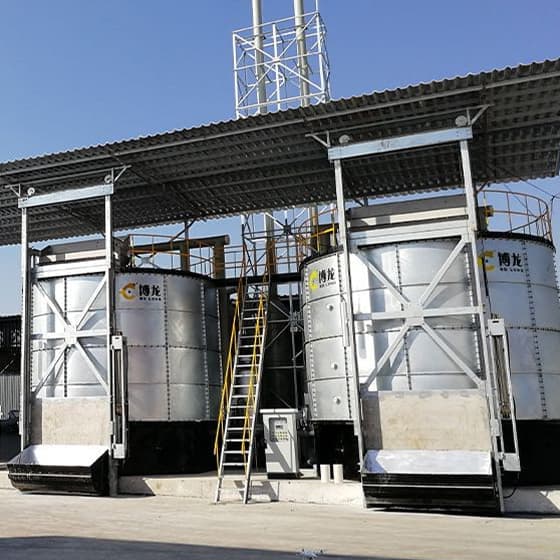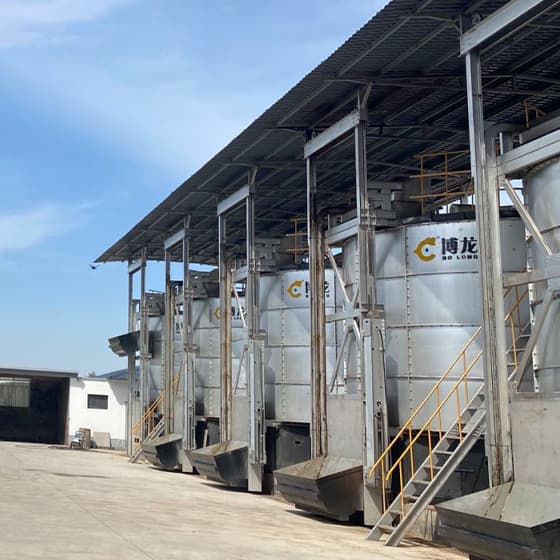Introduction
In addition to their environmental benefits, livestock fermentation tanks present various economic opportunities for farmers, including cost savings, revenue generation, and diversification of income streams. This article explores the economic advantages associated with fermentation tank technology.

Cost Savings on Waste Management
- Reduced Disposal Costs:
Fermentation tanks minimize the volume of organic waste requiring disposal, leading to lower waste management costs for farmers. Reduced disposal costs translate into direct savings on landfill fees and hauling expenses.
- Energy Savings:
Biogas produced in fermentation tanks can be used to generate heat and electricity on-farm, offsetting energy costs associated with heating, cooling, and electrical power. Energy savings contribute to long-term cost reduction and increased profitability.
Revenue Generation from Biogas Production
- Sale of Surplus Biogas:
Farms equipped with fermentation tanks can sell surplus biogas to local utilities or energy markets, generating additional revenue. Biogas sales provide farmers with a new income stream and diversify their sources of revenue.
- Renewable Energy Incentives:
Governments often offer incentives and subsidies for renewable energy production, including biogas generation. Farmers can take advantage of these incentives to maximize their revenue from biogas production.
Value-Added Products from Compost
- Sale of Organic Fertilizer:
Compost produced in fermentation tanks is a valuable organic fertilizer that can be sold to other farmers, gardeners, or landscaping companies. The sale of compost generates revenue and adds value to the farm’s waste management practices.
- Premium Pricing for Organic Products:
Organic fertilizers produced from compost are in high demand among consumers seeking environmentally friendly and sustainable products. Farmers can command premium prices for organic crops grown with compost-based fertilizers.
Diversification of Income Streams
- Agritourism Opportunities:
Farms with fermentation tanks can attract visitors through agritourism activities, such as farm tours, educational workshops, and on-farm events. Agritourism generates additional income and enhances the farm’s visibility in the community.
- Value-Added Products:
Fermentation tanks open up opportunities for value-added product development, such as specialty fertilizers, soil amendments, or biogas-powered products. Value-added products allow farmers to capture more value from their agricultural operations.
Conclusion
Livestock fermentation tanks offer various economic opportunities for farmers, including cost savings on waste management, revenue generation from biogas production and compost sales, and diversification of income streams through agritourism and value-added products. By leveraging fermentation tank technology, farmers can enhance their profitability and sustainability while contributing to environmental conservation efforts.
